Entrepreneur Profiles
SpaceDat Co-Founder & CFO Guillermo De Vivanco on the Opportunity of Big Data in Agtech & the Funding Gap in the Sector
26 July 2017
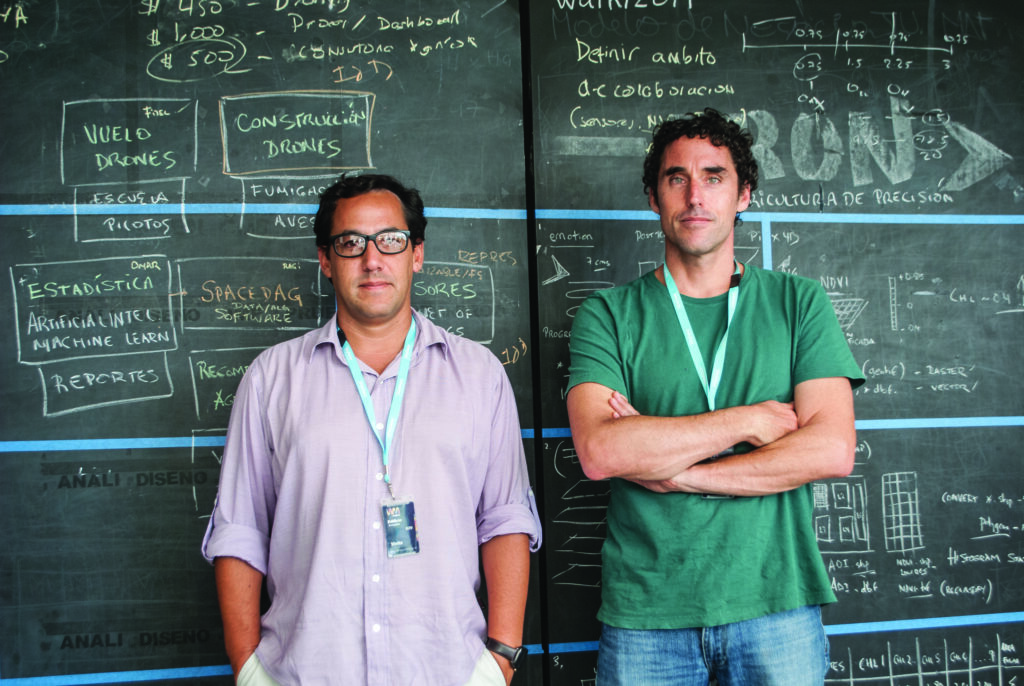
Company: SpaceDat
Investors: NXTP Labs
SpaceDat brings big data to agriculture with a drone enabled digital platform. Guillermo and his co-founder, Cesar Urrutia, have 10+ years of experience in aerial imagery analysis and startup strategies, but agtech is underfunded in the region because the life cycle of the product is correlated to the life cycle of the crop. In this interview SpaceDat Co-Founder & CFO Guillermo De Vivanco discusses the opportunity in region for more funding and following participation in the NXTP Lab agtech acceleration program, the need to raise additional funds.
LAVCA: What problem are you solving with SpaceDat?
Guillermo De Vivanco: We’re solving an information problem. Farmers don’t have enough integrated information with which they can maximize results and reduce costs. They’re adopting new ways to capture information like sensors, measurements of PH, drones, etc. But those data points are not integrated making it hard to use this information efficiently. That’s where we come in, with a product that helps them better manage their resources, reduce costs, and maximize their yield.
LAVCA: Who are the founders? When did you start the company, and why?
Guillermo De Vivanco: My partner and SpaceDat CEO, Cesar Urrutia, founded the company in Italy 10 years ago. He then moved to Peru, where he re-launched the company offering services to different industries using satellites. I joined the company about a year and a half ago and transitioned the business into a more scalable model, and that’s when the whole company changed.
Cesar and I have been friends since junior school. He studied biology in the US and did a Master in land observation and geographic information systems in Italy. He’s the scientist of the group and I am the business person.
LAVCA: How did you become interested in agtech?
Guillermo De Vivanco: My family has always been involved with agriculture. When I was a kid I used to go through the plantations and help with the harvest, cutting my hands with thorns so I was always very fond of the field. Then I went into technology and started to learn about big data and connectivity. I analyzed startups and realized the potential of technology to disrupt and change industries, and agriculture is one of the most lagging industries in terms of technology. So one of my friends, and now partner, came with this idea for drones and sensors to apply technology to this sector. He had the scientific knowledge, and needed a business-oriented person. So it was a fit because I love the problem: how to be less wasteful, contaminate less, and ultimately be more efficient with your resources in the agriculture industry.
I analyzed startups and realized the potential of technology to disrupt and change industries, and agriculture is one of the most lagging industries in terms of technology.
LAVCA: Can you describe the current business and product offering?
Guillermo De Vivanco: It’s a two-faced value proposition. We are flying drones and taking satellite images with infrared cameras to see which parts of the farms have a deficiency in chlorophyll, which is a direct indicator of a plant’s health. We do it during the growing cycle, which is a key period for farmers to take action (after the flowers bloom). Farmers need to have an x-ray to see where crops didn’t under-bloomed so they can re-apply some kind of fertilizer and get a better yield.
 We aim to deliver value from day 1, but the real value proposition, the one we’re going to use to scale, is predictive models. We are currently closing pilot clients and starting to capture images weekly or bi-weekly. And we pull the data, which is not only drone data or satellite data but also data from their sensors, and systems, and irrigation planning and tests, and we are correlating it using AI and trying to predict two things: anomalies – could be plagues, pests, diseases, hydric stress or poor soil quality – and production in the moment of harvest. This is very important because if you know how much you’re going to harvest, as a grower, you can set better prices, reduce logistics costs, get better clients. And these models can be applied way beyond farmers. For instance, banks, they want to lend farmers working capital. If they had a better idea of how much they were going to produce, they can be much more efficient in knowing how much to lend. Or insurance companies: they need an impartial, unbiased view of the state of the farm – they need a risk map which is taking into account all the different factors or variables that can affect the crops in order to have a better estimate of the potential loss.
We aim to deliver value from day 1, but the real value proposition, the one we’re going to use to scale, is predictive models. We are currently closing pilot clients and starting to capture images weekly or bi-weekly. And we pull the data, which is not only drone data or satellite data but also data from their sensors, and systems, and irrigation planning and tests, and we are correlating it using AI and trying to predict two things: anomalies – could be plagues, pests, diseases, hydric stress or poor soil quality – and production in the moment of harvest. This is very important because if you know how much you’re going to harvest, as a grower, you can set better prices, reduce logistics costs, get better clients. And these models can be applied way beyond farmers. For instance, banks, they want to lend farmers working capital. If they had a better idea of how much they were going to produce, they can be much more efficient in knowing how much to lend. Or insurance companies: they need an impartial, unbiased view of the state of the farm – they need a risk map which is taking into account all the different factors or variables that can affect the crops in order to have a better estimate of the potential loss.
These models open us to different markets. They take time to evolve. They use a lot of AI. They’re completely scalable because not too many companies are doing it for intensive or “specialty” crops such as fruits like blueberries, or grapes. A lot of them are doing it for soy or corn. So specialty crops are our niche.
LAVCA: How do you capture the data?
Guillermo De Vivanco: We buy the best drones in the market and couple them with infrared cameras so they can detect chlorophyll levels, but we want to spin off this part of the company and partner with companies that do the capturing of the data. We want to focus on the software and big data.
LAVCA: Are there any statistics you can share on your traction, number of clients, number of hectares your drones cover?
Guillermo De Vivanco: We cover over 100,000 acres, have over 15 clients, and have over 180K in revenues.
LAVCA: LAVCA considers agtech an under-capitalized sector relative to the opportunity. There hasn’t been much agtech funding to date. How do you look at the agtech landscape, and what are you excited about right now?
Guillermo De Vivanco: There’s not enough capital for agtech and to my knowledge, there haven’t been any important exits, apart from The Climate Corporation’s acquisition by Monsanto. One of the main reasons for this is that the validation cycle to get the product into the market is very long. You’re trying to change a very traditional industry; positioning yourself takes time, and only the strong survive. You need a strategy that can get you cash in the short term to really consolidate something disruptive in the long term, and I think that’s when the funding’s going to come. I think it’s underfunded because traditionally, investors, they don’t really understand that cycles in agtech are not like cycles in fintech for example, they relate to the cycle of the plants.
For example, iterations in agtech are one year long. When you go to a client and you try to sell, he tells you, “Okay. come again next season, and try to sell this then.” It takes time, but that’s also an opportunity for more seasoned entrepreneurs that know how to cash-in, in the short term. So few are going to survive, but they’re going to be the best. And that’s where the underfunding is going to turn.
 LAVCA: Who are your investors? And are there any details you can share about how much you have raised, from whom, and when?
LAVCA: Who are your investors? And are there any details you can share about how much you have raised, from whom, and when?
Guillermo De Vivanco: We participated in NXTP’s Agtech acceleration program, and have money from friends and family. We haven’t raised that much, like 50K and grants for 70K so it’s very early stage. We just opened a round – we want to raise $1m to strengthen the development team and scale our operations to Argentina, Chile, and Mexico.
We just opened a round – we want to raise $1M to strengthen the development team and scale our operations to Argentina, Chile, and Mexico.
You may be interested in...
-
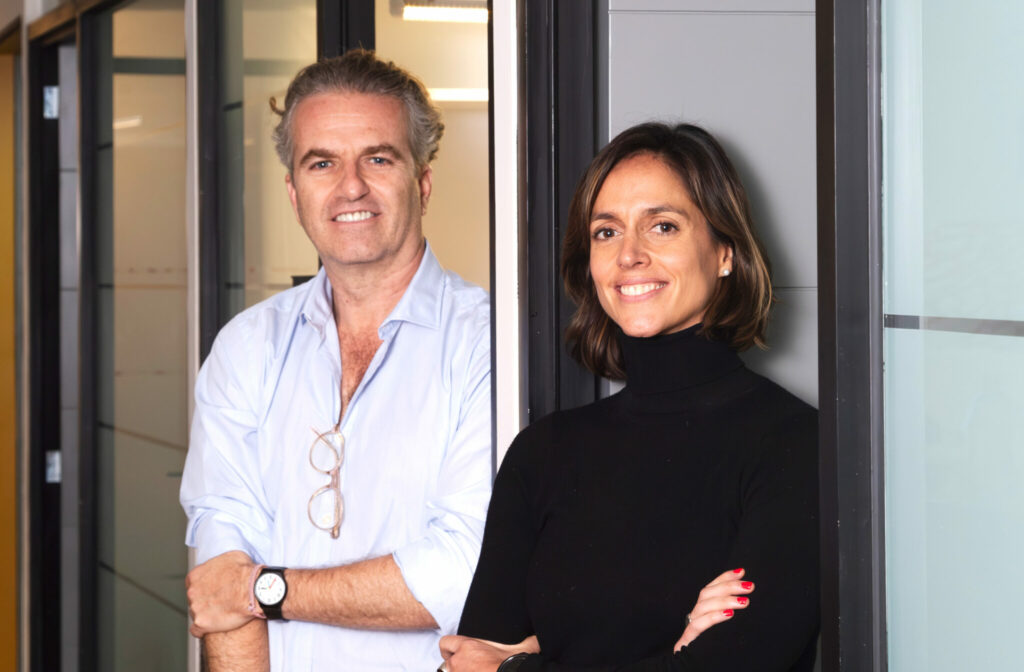
Is AI a Thing in Latin America? In Conversation with Hi Ventures
LAVCA sits down with Hi Venture to discuss their evolving thesis and vision for...
-
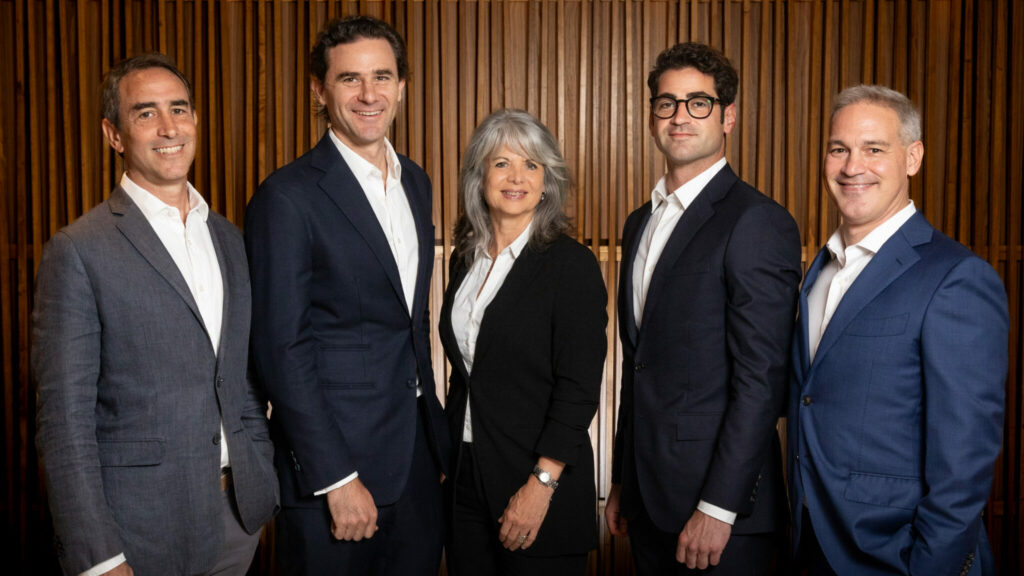
The Future of B2B Startup Investing in LatAm: In Conversation with NXTP
NXTP Ventures recently reached a USD98m final close for NXTP Fund III, its third...
-
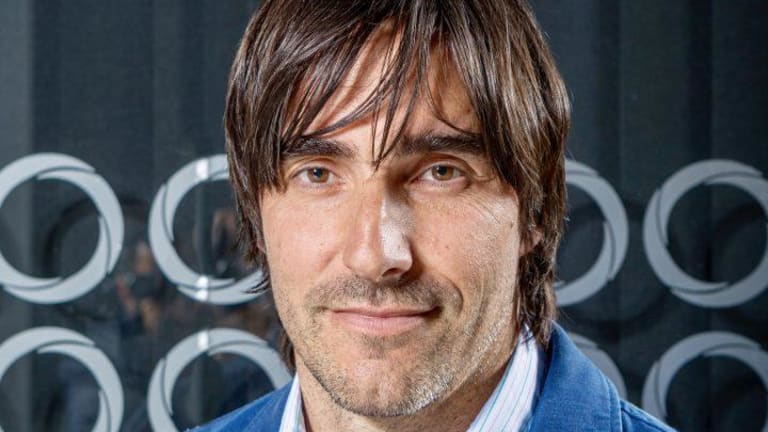
A 20-Year Journey: An Interview with Technisys CEO Miguel Santos
Company: Technisys Investors: KASZEK, Dalus Capital, Riverwood Capital Interview...
-
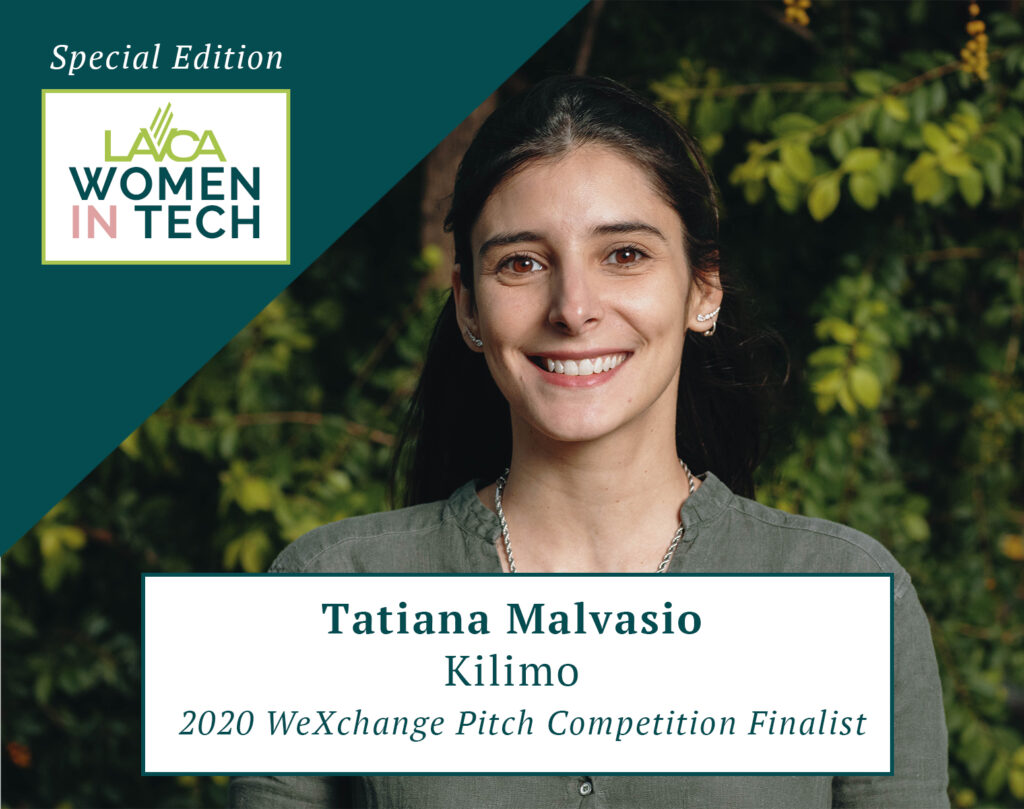
Satellite Analytics & Irrigation Systems: Interview with Kilimo COO Tatiana Malvasio
Company: Kilimo Investors: NXTP Ventures, Alaya Capital, The Yield Lab, Xpand...